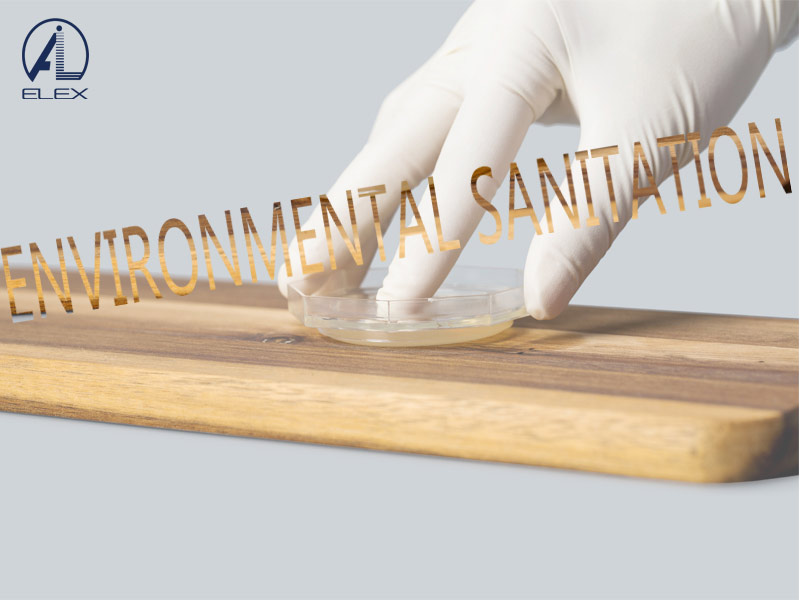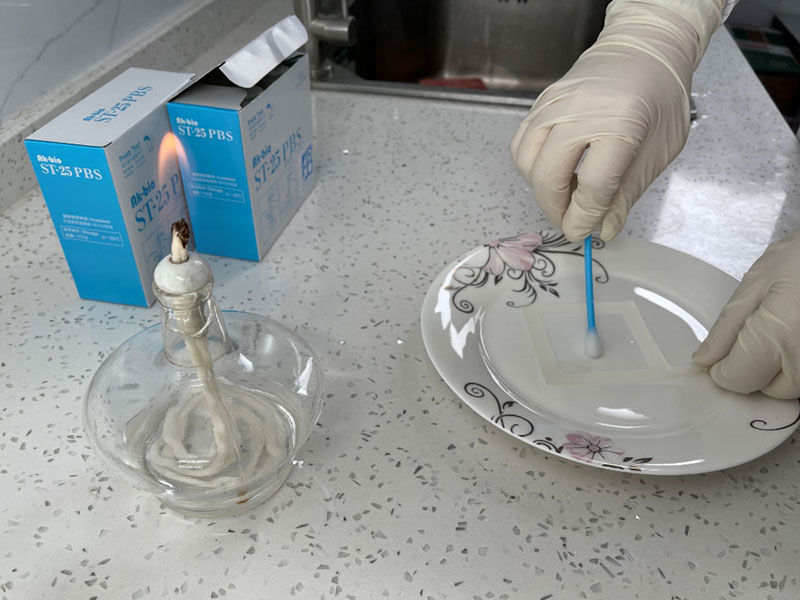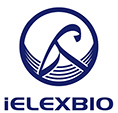The food testing laboratory professionally involves many disciplines such as food chemistry, physics, microbiology, molecular biology and food sensory evaluation, and its functions also involve water supply, drainage, ventilation, exhaust, strong electricity, weak electricity, air-conditioning, fire fighting, waste gas, waste liquid treatment, centralized gas supply and other complex process technologies, while also taking into account many factors such as environmental protection, safety, and sustainable development, so it is a complex system engineering.
According to the design and construction requirements of laboratory buildings, food testing laboratories are divided into general laboratories and special laboratories.
Special laboratories generally include: food sensory testing laboratory, food microbiology lab, food molecular biology testing laboratory, food toxicology laboratory.
General principles for the layout of food testing laboratories:
The first is the scientific principle: considering the speciality of food testing laboratories, in the layout of food testing laboratories, the structure and components of food testing laboratories should be correctly analyzed according to the characteristics of food testing experiments to master the scientific principles in the overall structure of the food safety testing laboratory and the division of specific functional areas, considering the factors of actual use, ensuring that the overall layout of the food safety testing laboratory can meet the scientific standards.
The second is the principle of rationality: Based on the understanding of food testing laboratories, the rational layout of food safety testing laboratories during the construction process is a key factor to improve their utilization. According to the actual construction of the current food safety testing laboratory, it is very necessary to master the principle of rationality in the specific layout process. The principle of rationality mainly means that the layout of food safety testing laboratories should ensure that the layout of each equipment and each area can be scientific and reasonable, and improve the role of functional areas to ensure that food testing laboratory supplies can be fully used.
The third is the principle of economy. Based on cost considerations and space considerations, the overall space of a food microbiological testing laboratory is limited. How to optimize various functional areas and food microbiology laboratory equipment in a limited space is of great significance to the layout of the food microbiological laboratory.
Elexbio can offer the following products:
Contact us for more information.
 A Tentative Study on the relevance of HACCP certification and infection control in hospital
A Tentative Study on the relevance of HACCP certification and infection control in hospital
 Environmental Sanitation Microbiology Testing
Environmental Sanitation Microbiology Testing
 Microbiology Test in Food Industry
Microbiology Test in Food Industry
 The Applicability of High-quality Ready-to-use Swab Sampler for Tableware Sampling and Public Places Supplies and Utensils Microorganisms
The Applicability of High-quality Ready-to-use Swab Sampler for Tableware Sampling and Public Places Supplies and Utensils Microorganisms
 Spike Experiment of DNP Culture Media Plate Based on Ice Cream
Spike Experiment of DNP Culture Media Plate Based on Ice Cream


